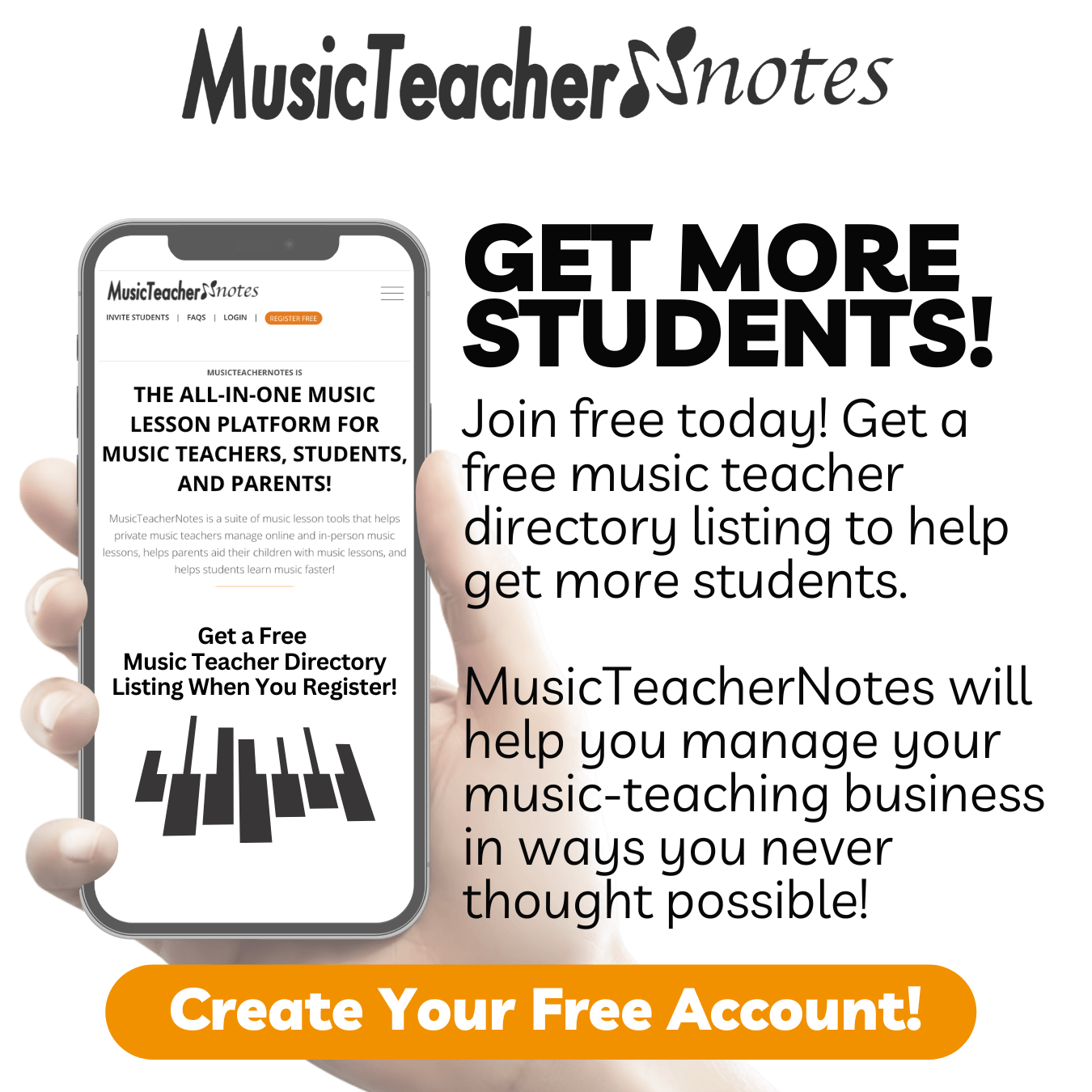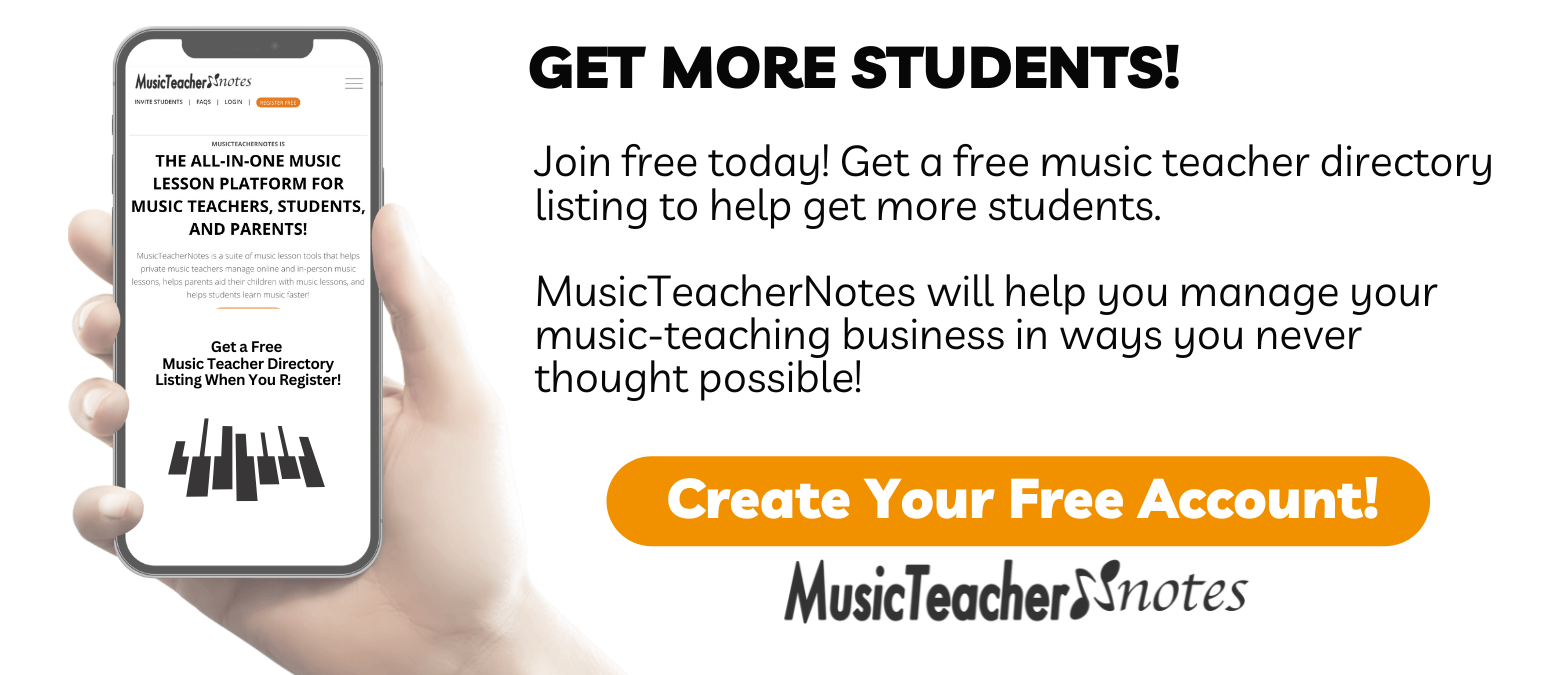 Let’s explore two short stories about Sarah, a woman who is embarking on a journey to start her own music school. By learning from Sarah’s experiences, we can gain valuable insights into the common pitfalls and mistakes to avoid when establishing a new music school.
Let’s explore two short stories about Sarah, a woman who is embarking on a journey to start her own music school. By learning from Sarah’s experiences, we can gain valuable insights into the common pitfalls and mistakes to avoid when establishing a new music school.
Sarah’s Dream: Starting a New Music School
Sarah has always loved playing the piano. She began taking lessons at the age of five, and as an adult, her passion for music evolved into a desire to teach and start her own music school. Living in a small home about 15 minutes from an affluent town filled with families, Sarah faced a challenge. Her home wasn’t spacious enough for a music studio, and renting a studio was beyond her budget. Determined, she converted her garage into a makeshift music studio, decorating it as best as she could within her limited budget. She also set up a basic website and started advertising 30-minute piano lessons via Google Ads, offering rates slightly below the local average.
What mistakes did Sarah make when starting her new music lesson business?
- Assuming Passion Alone Was Enough: Becoming a music teacher requires more than just a love for music. Sarah assumed her passion would automatically attract students, but she needed to consider what potential students were looking for and how to best meet those needs.
- Choosing an Inconvenient Location: Sarah used her home as her studio, which meant potential students would need to spend over an hour of their time (including travel) for a 30-minute lesson. She prioritized her convenience over that of her students.
- Lack of a Unique Value Proposition: Sarah aimed to market to families in the nearby town, but didn’t offer anything unique compared to other music teachers. Without a distinct niche or added value, it’s challenging to stand out in a competitive market.
- Inefficient Marketing Strategy: While Google Ads can be effective, they can also be costly if not optimized properly. Many music teachers spend a lot on ads with little return because they don’t fine-tune their campaigns.
- Inadequate Lesson Environment: Using a garage as a studio might not provide a comfortable environment for parents waiting during lessons. It’s important to consider the experience of both students and their parents.
- Undervaluing Her Services: By setting her prices below the average, Sarah may have inadvertently communicated that her lessons were of lower quality than those of other teachers.
Imagining a Better Scenario: Sarah’s New Music Teaching Business.
Sarah always loved piano. She began taking lessons when she was five years old, and as an adult, her love for piano turned into a desire to become a private music teacher and start her own music school. Sarah lived in a small home about 15 minutes from an affluent town with a lot of families. Her home wasn’t spacious enough to accommodate a music studio, and she couldn’t afford to rent a studio either. Determined, she decided to research what potential students in that town might be looking for in a music teacher. She discovered that there was a bit of competition with fairly nice music studios in the town. She also discovered that those teachers were fairly booked. She decided to provide lessons in people’s homes in neighborhoods in the town. She set up a website that highlighted her skills and dedication to teaching younger students. She also added a service area for Google Local Search. She printed off some inexpensive door-hanging flyers and went to one of the neighborhoods to hang them. The flyers stated that she was a piano teacher who specialized in teaching children and teens piano, and was going to provide 45-minute lessons on Thursdays from in that neighborhood. The flyer showed that she’d provide a 45-minute lesson from 2pm to 7pm. She had a few replies from that flyer and repeated the process in her downtime until her Thursdays were filled. Then she went to another neighborhood and did the same for another day of the week. She continued to repeat this process until her schedule was full. Because she offered 45-minute lessons at people’s homes, she charged a bit more for each lesson than the competition. People were willing to pay for the extra convenience and time spent in a lesson. Additionally, she had 15 minutes to get from one student to another, which meant she wasn’t rushing or behind schedule due to late students.
What did Sarah do better when starting her new music lesson business?
- Convenient Location for Students: Sarah chose to travel to her students’ homes, making it more convenient for families. Parents can attend to other tasks while their child has a lesson, increasing the overall appeal of her service.
- Targeted Niche: Sarah focused on teaching children and teens, making her services more appealing to families. By marketing herself as a specialist in this niche, she stood out from more general music teachers. Niche marketing is a lot more effective than being generic.
- Cost-Effective Marketing: Using door-hanging flyers was a cost-effective way to market her services. She utilized her downtime effectively to distribute more flyers, gradually filling her schedule. Additionally, because the students on that day are all in that neighborhood, there is a good chance that other neighbors will hear about her via word-of-mouth advertising.
- Creating a Comfortable Lesson Environment: Teaching in students’ homes ensured a comfortable environment for both students and parents, reducing the need for additional studio expenses.
- Appropriate Pricing Strategy: By offering the convenience of home lessons and more personalized attention, Sarah was able to charge higher rates, reflecting the added value of her services and avoiding the pitfall of undervaluing her work.
If you’re thinking of starting a music teaching business, it’s important to devise a sustainable strategy to avoid burnout. While it may seem necessary to invest a lot of money to become a private music teacher, that’s not the case. In the second scenario, many parents would prefer Sarah over larger music schools or teachers who require them to travel to a studio. Marketing music lessons isn’t just about advertising; it involves considering the entire customer journey and providing value.



 Do you want to get more students and grow your music teaching business?
Do you want to get more students and grow your music teaching business?